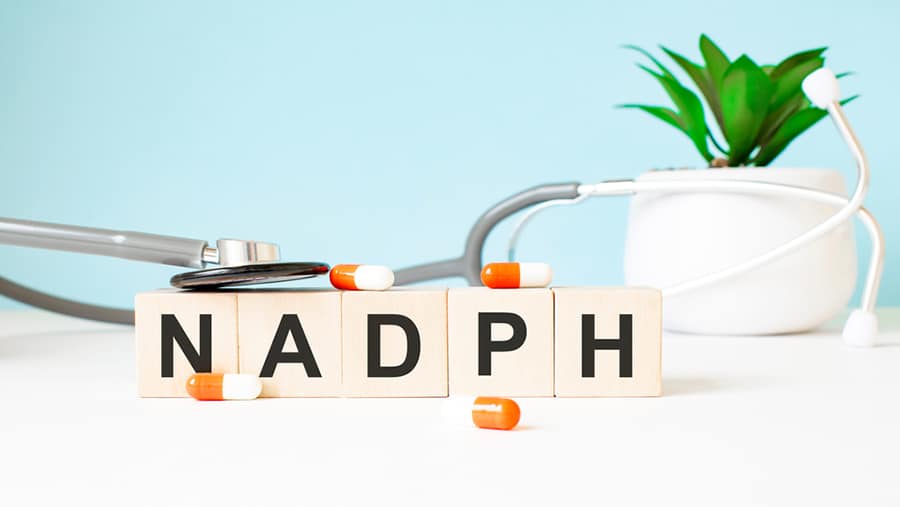What is NAD Treatment for Addiction
Nicotinamide Adenine Dinucleotide (NAD) therapy is showing promising results as an effective treatment for alcohol and substance addiction. Traditional treatment methods for drug and alcohol addiction include medication-assisted treatments (MAT) and psychiatric therapies. Medication management and therapies such as CBT, DBT and EMDR therapy are commonly chosen pathways for substance and alcohol treatment. According to researchers, addiction recovery blogs and the media, NAD therapy may be another alternative treatment method for helping people recover from substance addiction.
What is NAD treatment? NAD is a coenzyme and active form of vitamin B3 found in all living cells in the body. This enzyme is involved with various cellular processes like energy metabolism and mitochondrial health.
In the latest research using NAD, results have found that NAD can help stimulate cell regeneration in the body. New cell regeneration means potential for anti-aging properties. This molecule can play an important role in extending the health and lifespan of a cell.

Is it possible to utilize NAD for addiction treatment? This relatively new research form of treatment for drug and alcohol addiction has seen promising results. Especially in treating the effects of chronic conditions on the mind and body.
NAD addiction therapy is primarily done through an IV infusion. The treatment plan for NAD IV therapy involves infusing vitamins, supplements and other nutrients into a person’s bloodstream. The amino acids and various nutritional supplements help boost cell health. It essentially works to heal the brain by replenishing the cells that have been destroyed by long-term alcohol and drug abuse.
Substance and alcohol addiction are diseases that can physically harm and degrade functioning brain cells over time. The destruction of the cells disrupts normal brain functions, which impedes cognitive decision-making. Causing a domino effect of other issues related to the symptoms of addiction.
Check Your Insurance Coverage for FREE
Find out if your insurance covers addiction treatment in minutes. We accept most insurance!
For a person with an addiction, the amount of NAD molecules found naturally in the body is significantly reduced. This makes it more difficult to turn fuel into cellular energy. When this happens, the immune system is compromised leading to a failure in cellular function.
New studies are still being tested on the effects of NAD IV therapy for addiction. Although not an FDA-approved treatment method, researchers have found multiple benefits of IV therapy in helping patients with SUD and AUD. Ultimately, this type of therapy works by accelerating brain healing. It promotes healthy brain functions, fights off chronic fatigue by increasing energy levels and helps boost metabolism.
Other benefits of infusion therapy include a reduction in internal inflammation, reduced cravings to use drugs and reduced withdrawal symptoms and side effects after drug use. According to research, NAD for addiction can reduce withdrawal symptoms by up to 70%. In other studies, researchers have found that 90% of clinical patients have had a reduction in cravings. This makes it much easier to detox without the need for other narcotics or medication assistance.
Reach out to Hotel California by the Sea
We specialize in treating addiction and other co-occurring disorders, such as PTSD. Our Admissions specialists are available to walk you through the best options for treating your addiction.
Critics of this new type of treatment therapy for drug and alcohol abuse say the claims are not backed by science-based evidence. Critics say the unproven treatments are currently marketed to people suffering from substance use disorders. These people are often desperate for help after failed attempts with traditional treatment routes. In some extreme cases, the FDA and FTC have investigated providers of NAD IV therapy for deceptive marketing claims of this medical treatment.
Treatment for behavioral health conditions such as alcohol use disorder and co-occurring mental health disorders are continuing to expand. Despite the effectiveness of inpatient and outpatient treatment programs, the behavioral health system is still very limited in its ability to help people suffering from substance addiction and mental health illnesses. Can NAD for addiction be the next move for clinicians working to find long-term solutions for people in recovery?
Hotel California by the Sea provides a wide range of treatment options for alcohol use disorder. We utilize evidence-based treatment methods when treating our clients for alcohol addiction. We are dedicated to helping clients through this medical condition to help them reach their goals of sobriety and recovery.
References:
https://www.glendalewholehealth.com/contents/services/anti-aging/nad-therapy
https://www.webmd.com/mental-health/addiction/nad-therapy-addiction
